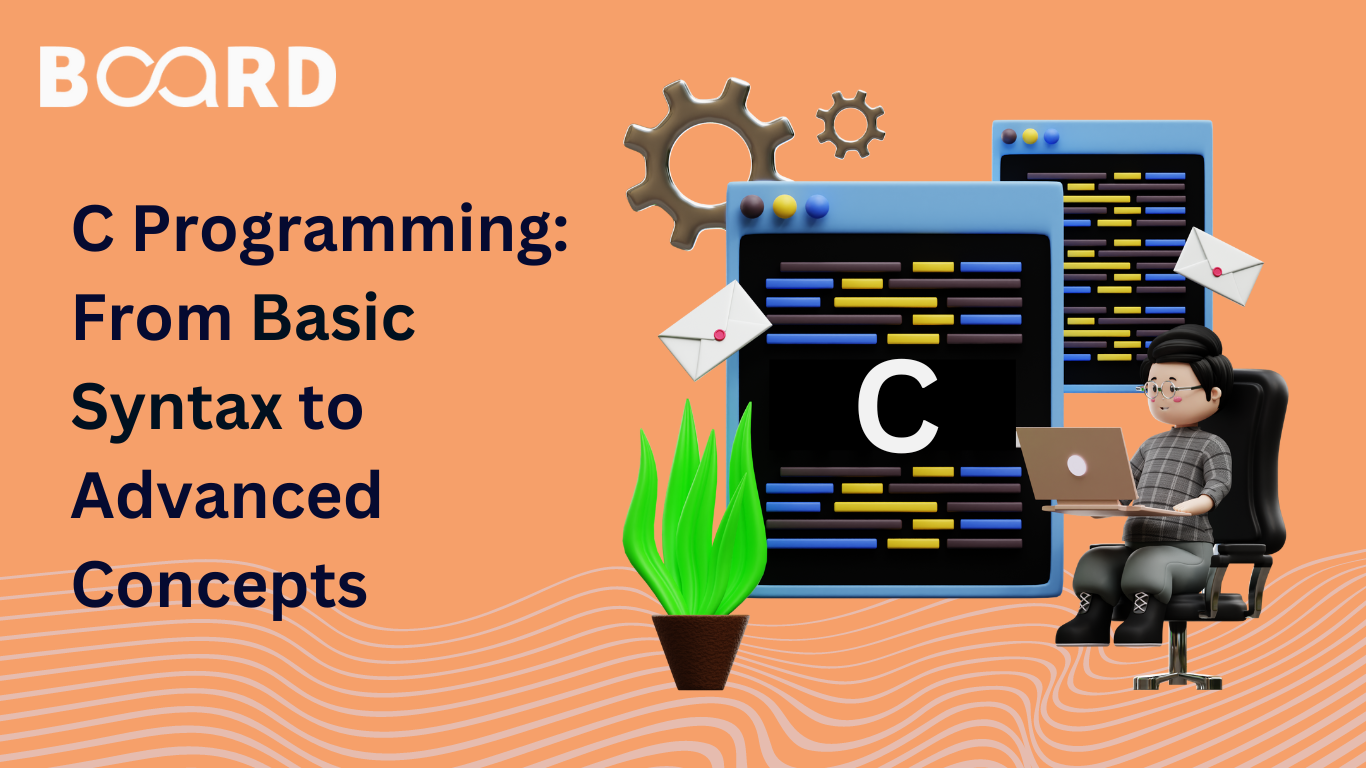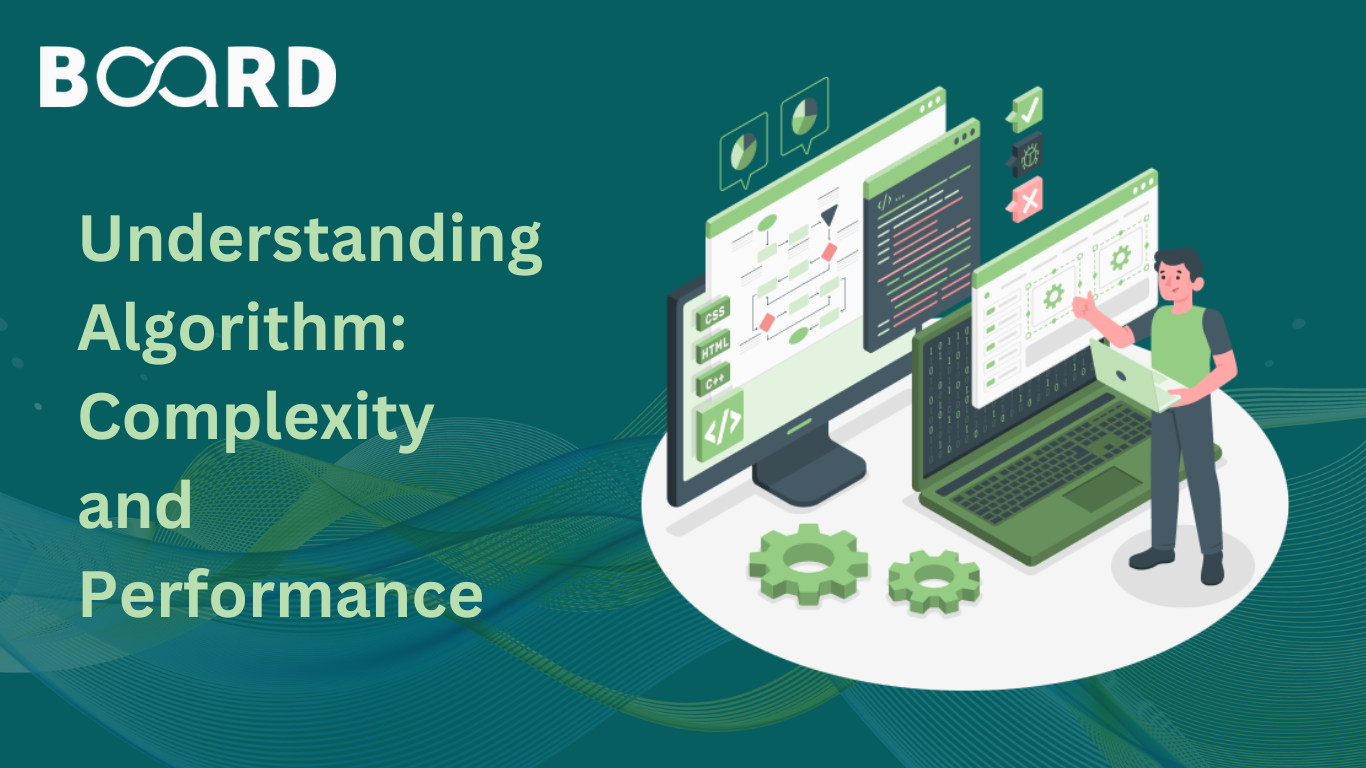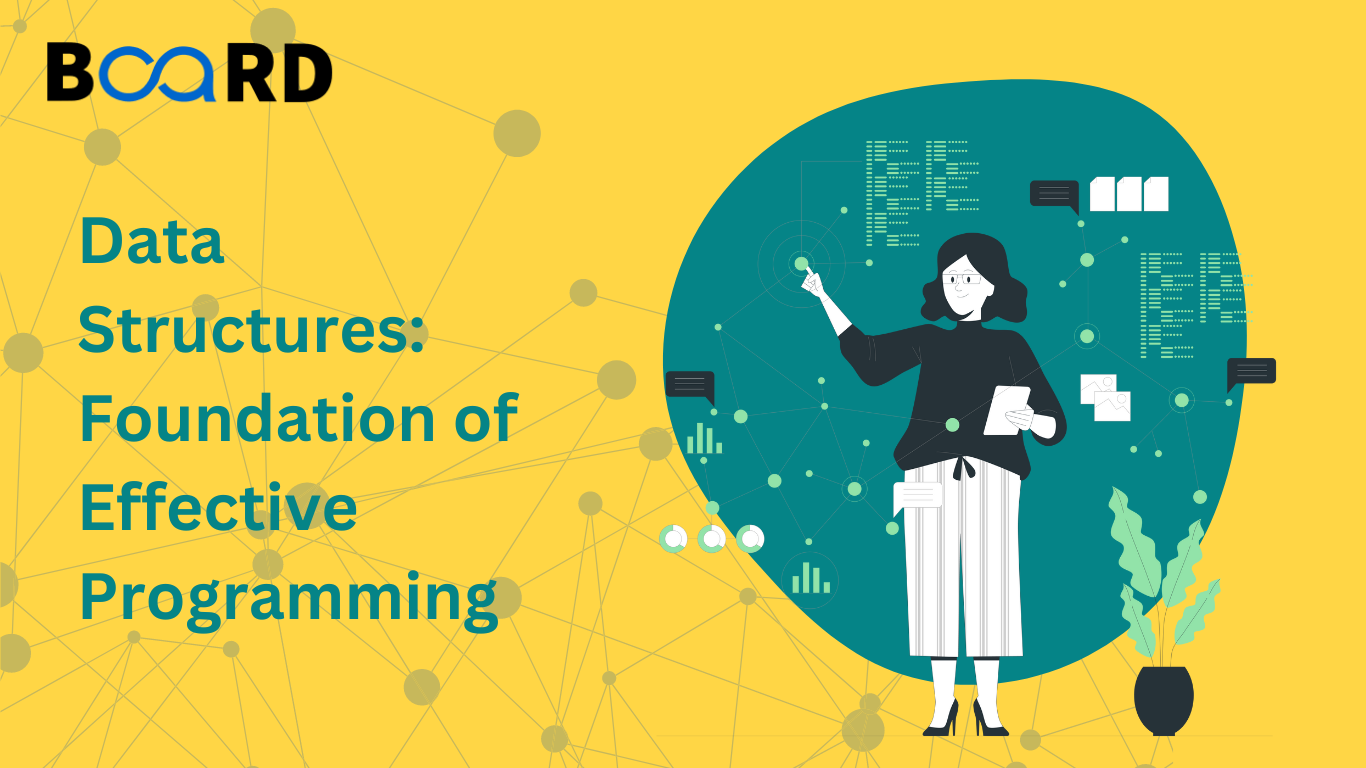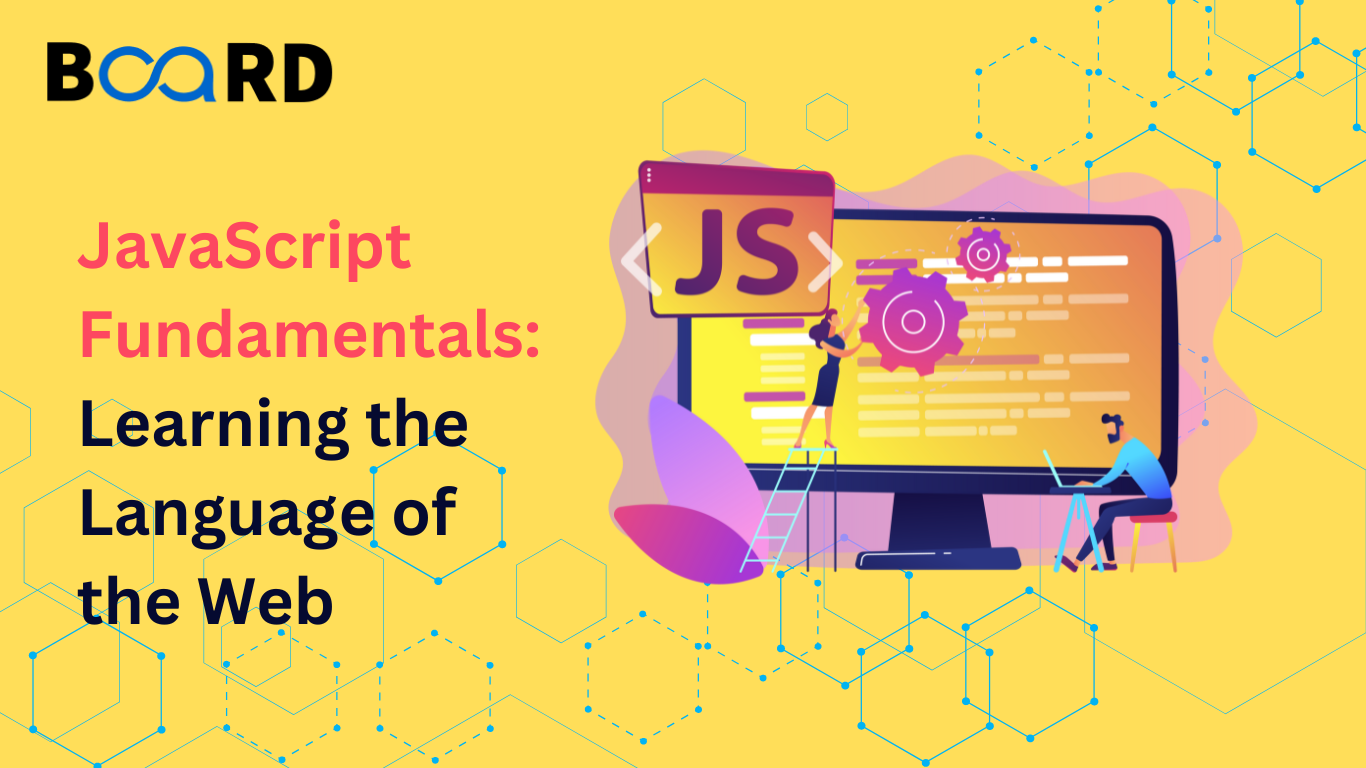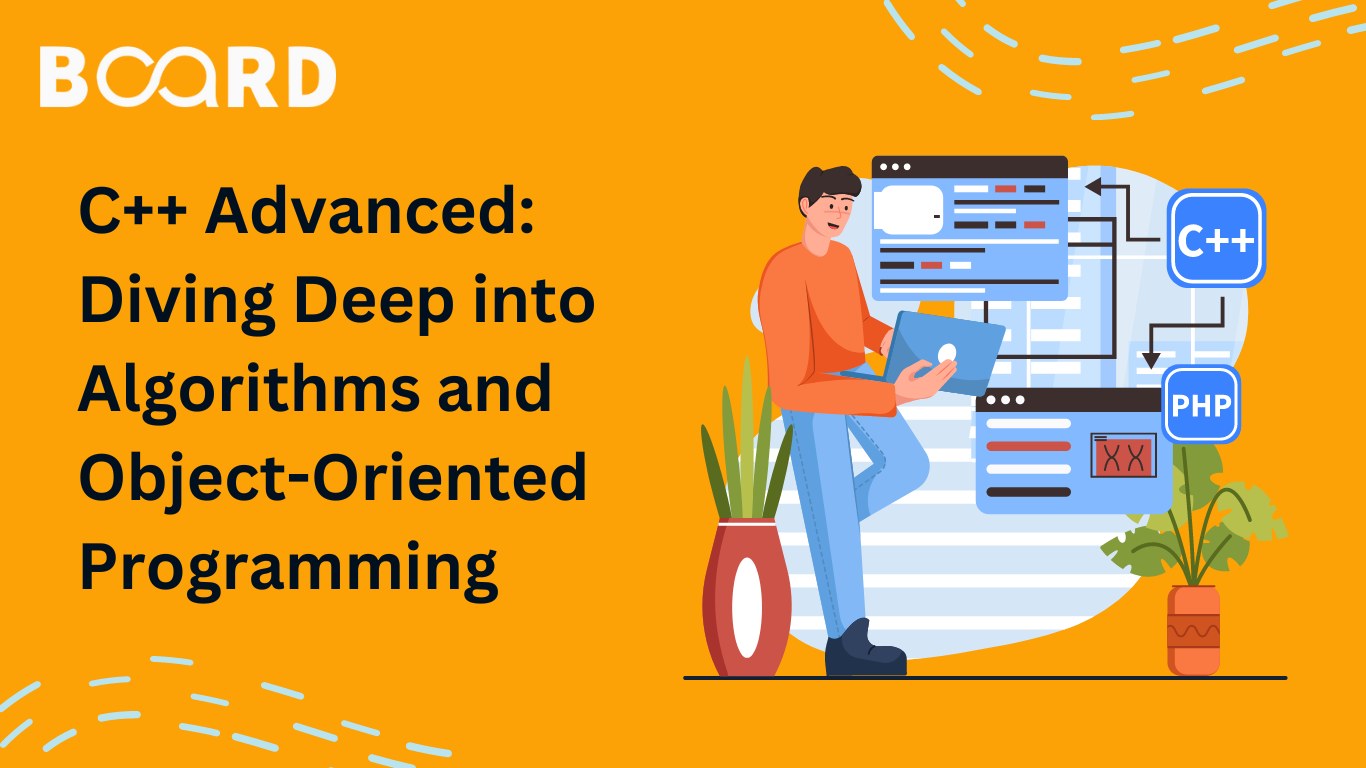Programming
Explore the exciting world of programming with our diverse course offerings. Delve into the complexities of Java, C++, JavaScript, and C programming, while gaining expertise in data structures and algorithms. Our carefully designed curriculum fosters a comprehensive understanding of these languages and techniques, preparing you for the continuously evolving landscape of technology.


